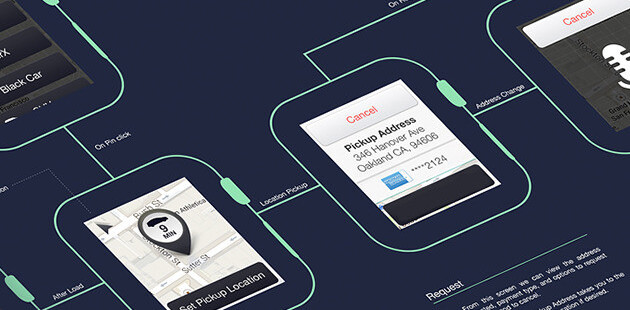
As a kid I used to steal a newspaper, every morning.
On my way to the train station I passed a shopping mall. The delivery guy dumped a whole stack of newspapers there every morning and someone else cut the pack open just before I arrived. Every morning I sneaked up to the entrance of the mall, sure I was about to get caught today, and quickly scooped the top newspaper of the stack. I never knew what newspaper was on top so I read a variety of newspapers and because I had stolen it, I read it from front to back on my 30 minute train ride to school. Nobody told me I had to read a newspaper. I just did, because I could.
When I turned fourteen, I dropped out of school. And because nobody forced me to read books, I just did. I started with secondhand books that were well designed. Then I started borrowing books from my parent’s collection. My mother helped me pick nice ones and, without forcing me or making it feel like homework, guided me though all the classics. I read every book Kafka ever wrote, everything by Dostoyevski (yes, including The Brothers Karamazov) and every other major Russian writer, a lot of philosophy and every Greek tragedy I could get my hands on.
My mother did some illustration work for magazines so I also read every complimentary copy they sent her. That included architecture and design magazines, a monthly magazine on women’s rights and a farmers magazine with the latest news on tractors and fertilizer. At one point my parents sat me down for a conversation and explained to me that although they really appreciated my interest in reading they wanted to ask me to stop opening and reading all their mail.
Now I have two kids of my own and I see how hard it is to motivate them. I see how their teachers are struggling to make kids learn, and how a good teacher makes learning interesting and seemingly effortless, while a lesser teacher invokes an adverse reaction in kids. I can’t help but think that I’m lucky that nobody ever told me I HAD to read books. That would have probably taken away my appetite for reading in a heartbeat. That never happened so I ended up reading more books than even most of my more ‘educated’ friends.
A few days ago I signed up for an account at a service called Slack. Usually when I sign up for an account somewhere I postpone the part where I have to fill out an account form, upload my avatar, and enter a lot of information about myself. The developers at Slack decided to do things differently. When you first sign up you are greeted by a robot: Slackbot. This is a very simple question and answer robot that has just enough humor (but is no Clippy either) to keep you entertained and who asks you a few very basic questions. Slackbot asked me for my first name, then my last name and this went on for a while with interactions like these:
Slackbot: Nice to meet you Boris Veldhuijzen van Zanten! (Tip: If you ever need to change your name or profile information, you can do so by editing your Profile Page.)
Slackbot: You can also add a photo there. Things look so much better with a picture of you. I’m happy to wait while you do that, but if you want to just keep going, say “continue” or “keep going” or even “go”.
As you can see, the interaction was limited, but interesting enough to entice me to continue with the process. Instead of making setting up your account the dull part of getting started, these developers geeked out and built something cool.
A few years ago we launched a paid feature at one of our startups. The procedure to upgrade wasn’t airtight, meaning that if you were smart you could bypass the payment page and upgrade for free.
The developers were eager to rewrite the whole process to make it airtight. But then someone proposed to keep it like it was, but add a message for the people who bypassed the payment process. Something like “Wow, if you took the trouble to bypass our payment system you must really like our service! Okay then, you’ve earned a free account. Of course, if you would like to support us with a payment after all you can always go back and pay. Either way, thank you for using our product”
The reasoning was that we would lose a few dollars, but gain very loyal users and make a good impression either way. I’m sure the people who were smart enough to figure out how to use that service for free used it with a lot of pleasure and helped spread the word, probably even more than the people who paid for our service.
In other words; nobody likes to do things if they HAVE to do them. Find out where the friction is in your service or product and see if you can make it seem like your users hack, steal or bluff their way in. They will enjoy it a lot more. Just like I really enjoyed reading that stolen newspaper.
P.S.: Hey kids, you shouldn’t steal! As soon as my parents found out I was stealing newspapers they gave me hell for it, and soon after that they started giving me some money every morning to just buy a newspaper.
Get the TNW newsletter
Get the most important tech news in your inbox each week.





